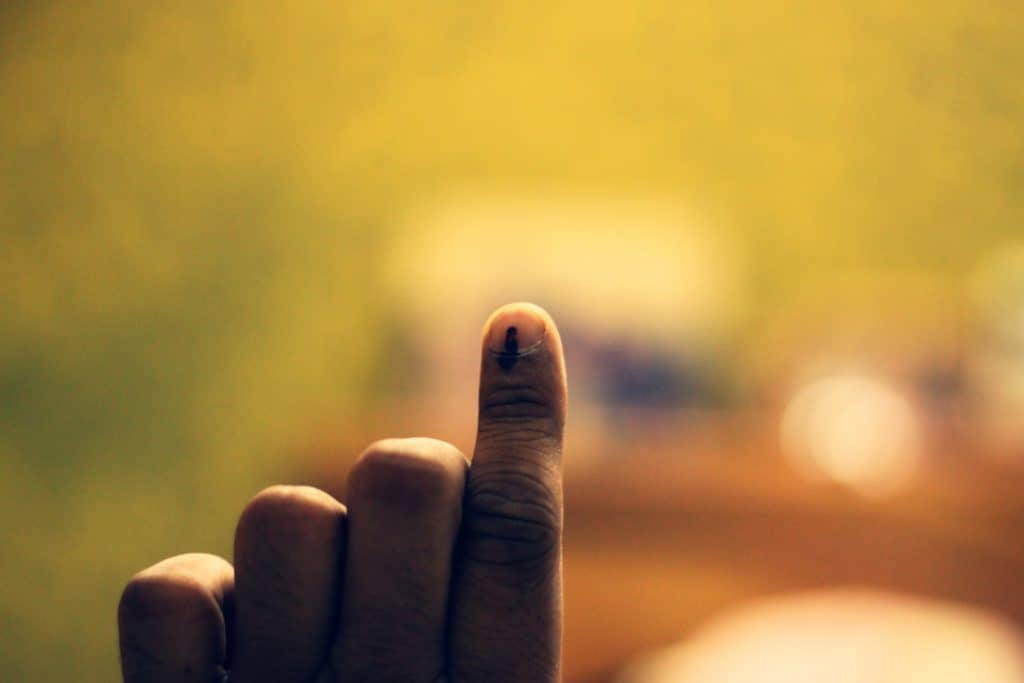The upcoming Assembly polls will be a watershed moment in Tamil Nadu, as this is the first MLA elections after the death of the two political stalwarts — M Karunanidhi (DMK) and J Jayalalithaa (AIADMK). In their absence, the next generation of politicians — MK Stalin and Edappadi K Palaniswami — have taken the lead to steer the respective parties. On the third front of the battle is actor-turned-politician Kamal Hassan’s Makkal Needhi Maiam (MNM) party.
The two Dravidian parties have released their manifestos for the upcoming State Assembly elections. From freebies to waiving education loans to reducing the price of gas cylinders — the parties have made a slew of announcements. While the parties in the fray have shared manifestos that outline action on broad issues, the specific problems faced by Chennai and the solutions that people seek from the government are complex and manifold.
From the environment to public education systems, from civic infrastructure to women’s safety and rights of the vulnerable — how do Chennaiites rate their city on these parameters? What would their expectations from the newly elected representatives be on such issues affecting their quality of life in the city?
Some pressing concerns
Citizens’ participation in urban governance is enshrined in the 74th amendment of the Constitution. The involvement of local communities in allocation of resources and creation of infrastructure is paramount to adequately addressing their needs. For this, the citizens must be considered active stakeholders. But such engagement seems to exist only on paper in Chennai. What would it take to bridge this gap?
Read more: Ward committees: The missing link that could have made Chennai’s COVID fight stronger
Poor water management for years and its crippling consequences have nowhere been more sharply felt than in Chennai over the last few years. The city experienced a severe water crisis in 2019 as groundwater levels dropped to their lowest levels, lakes shrunk and major reservoirs went dry. On the other hand, spells of intense rainfall have left the city flooded and grappling with related issues. How can the challenges around water be resolved?
Also, on the environment front, a study by Chennai Climate Action Group (an environmental NGO based in the city) has revealed that six major industries in the Ennore-Manali region have been contributing to pollution during 59% (215.35 days) of the previous year (2019) in Chennai. Despite the already prevalent poor air quality and ailing local health, more industries are likely to be set-up in the same region that will heighten the risks faced by the residents.
Read more: With PM10 above national standards, why is Chennai still out of the clean air programme?
The prognosis is grim for public schools as well. According to a projection made by the Chennai Metropolitan Development Area (CMDA) in 2008, the Chennai Metropolitan Area (CMA) would need to have 4,976 schools by 2026 to cater to 35.3 lakh students in the city. CMA, which is spread over 1,189 sq km now, has 3,188 schools. Going by CMDA’s estimation, the city falls well short of the requirement by 36%.
Inclusive public spaces is another huge gap in the city. Five years after its launch, the Chennai Metro still remains inaccessible to persons with disabilities. Similarly, measures to make beaches in the city disabled-friendly have been in the pipeline for over four years now. Activists representing disability rights organisations have presented several proposals to make the beach accessible but the response has clearly fallen short of expectations.
While Chennai is largely perceived as one of the safest metro cities in India, spends from the ‘Nirbhaya fund’ remain shrouded due to the lack of transparency.
The discussion
On these counts and more, what do the people of the city really want from the newly elected representatives? Are the promises made by various parties in sync with the expectations and needs of the people?
That is what we propose to discuss this Friday in an online panel, comprised of active citizens and experts from various fields. Citizen Matters brings together these voices from different domains, not only to provide a platform for them, but also to amplify the true demands of the people so that parties and candidates also know what they may be evaluated on. Do join us for this engaging discussion this Friday.
Election 2021: What Chennai wants
Date: Friday, March 19
Time: 4pm – 5pm
Register at : http://bit.ly/election2021chennai
Also read:
